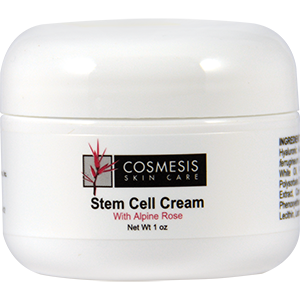| An article published online on February 6, 2012 in the American Journal of Epidemiology reveals an association between decreased serum vitamin D levels and a greater incidence of obesity in adults. Xiao-Mei Mai of Norwegian University of Science and Technology and colleagues evaluated data from 2,460 men and women aged 19 to 55 who participated in the second and third surveys of the Nord-Trøndelag Health Study, conducted between 1995 to 1997 and 2006 to 2008. Serum 25-hydroxyvitamin D levels and anthropometric measurements were obtained upon enrollment and at follow up. Twelve percent of the subjects were classified as obese [defined as having a body mass index (BMI) of 30 or more] at the beginning of the study and 15 percent were classified as obese after 11 years of follow-up. Having a serum vitamin D level below 50 nmol/L was associated with a four times greater adjusted risk of obesity than that experienced by subjects whose levels were 75 nmol/L or higher at the beginning of the study, and with a 1.73 times greater risk of developing obesity over follow-up. Similar results were observed when waist circumference was used to classify obesity, indicating an association with central adiposity. "Our study is one of the few prospective cohort studies to have investigated the possible effect of low vitamin D status on change in adiposity and development of obesity," the authors write. "We found a consistent inverse association between baseline 25-hydroxyvitamin D levels and incident obesity defined by either BMI or waist circumference after 11 years of follow-up, and this inverse association was not modified by season of blood sample collection." They recommend large prospective studies to further investigate the relationship between low vitamin D levels and the development of obesity. | The Life Extension Foundation Buyers Club is an organization whose long-range goal is the extension of the healthy human life span. In seeking to control aging, our objective is to develop methods to enable us to live in vigor, health and wellness for an unlimited period of time. Life Extension® was established in the early 1980s, but its founders have been involved in the anti- aging field since the 1960s. Life Extension publishes the very latest information on anti-aging and wellness in its monthly publication, Life Extension Magazine®, the Disease Prevention and Treatment book of integrative health protocols, the Life Extension Update e-mail newsletter and the Daily Health Bulletin, and on this website--all to support more informed health choices. The Life Extension Foundation is the world's largest membership organization dedicated to investigating every method of extending the healthy human life span and funding anti-aging research. When seeking methods to slow aging, the non-profit Life Extension Foundation often uncovers potential therapies to fight the conditions associated with aging. What began as a newsletter over 30 years ago has evolved into a total health offering, including: - The full-color monthly Life Extension Magazine that reports on the latest health and wellness research.
- An staff of advisors (naturopaths, nutritionists, nurses, personal trainers, and other health professionals) available every day to answer your health questions and concerns, and to assist you in formulating your personal regimen of diet, exercise and supplements.
- Access to 300+ top-quality Life Extension products plus 2,000 other health-related products.
- A 24/7/365 call center for ease of ordering (or the convenience of shopping online)
- A mail-order blood testing service that costs a fraction of what commercial blood labs charge, with blood draws performed in a convenient local LabCorp facility near you (some restrictions apply).
- Access to the independent, full-service Life Extension Pharmacy™, including compounded prescriptions, offering a unique knowledge of pharmaceuticals and nutraceuticals, as well as remarkable prescription savings.
Learn how you can access all of the above services, as well as receive discounts on dietary supplements and blood testing, by joining the Life Extension Foundation. |













